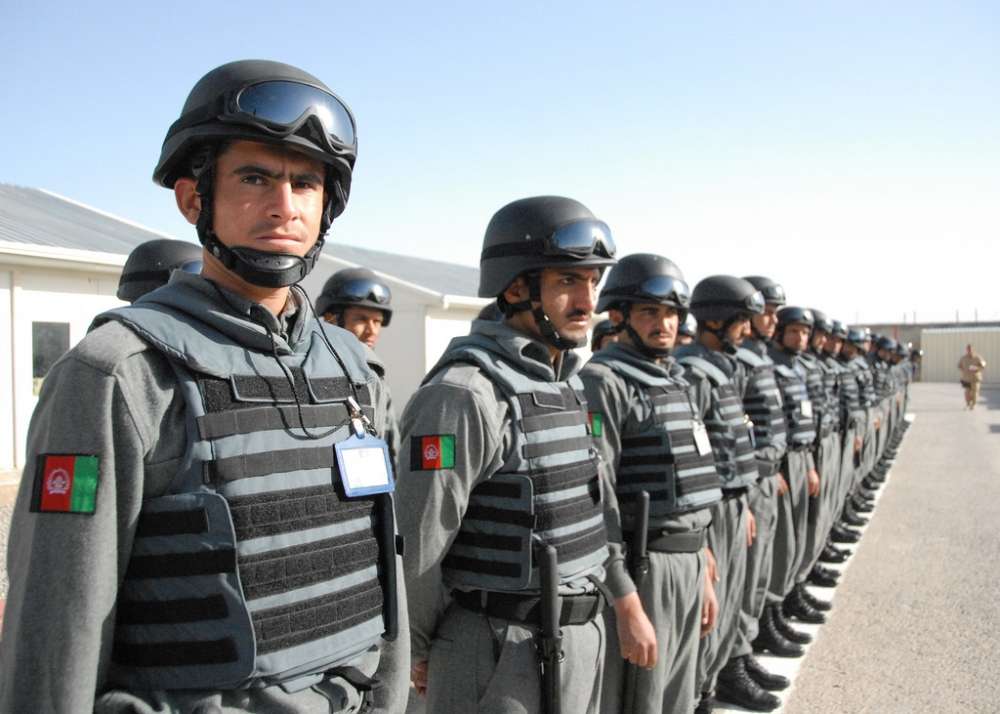Literature Review of Local, Community or Sub-State Forces in Afghanistan

Afghanistan’s history has long been dominated and shaped by the interaction of militias with the state. In the post-2001 era, international actors, sometimes with Afghan state cooperation, have tried to use militias to fill perceived gaps in security. Since 2002, a range of foreign-backed local, hybrid or non-state security forces (LHSFs) have emerged. They include Campaign Forces, Private Security Companies and the Afghan Local Police. However, these forces’ limited tactical successes have often been complemented by the creation of new problems: such groups have frequently proven to be unresponsive or unaccountable to communities, and they may undermine statebuilding and the rule of law or engage in abusive behavior.
GPPi, the Afghanistan Analysts Network, and the Institute for Regional and International Studies (IRIS) at the American University of Iraq in Sulaimani are engaged in a three-year research project exploring LHSFs in Afghanistan and Iraq from a comprehensive security perspective, with a particular emphasis on how these forces are affected by foreign support or assistance, and transnational or regional security threats. This background note briefly summarizes some of the existing literature on the impact of these groups in Afghanistan according to four key subject areas: security effectiveness; long-term impact and concerns for statebuilding; human rights and protection concerns; and community dynamics, control, and buy-in. This working draft will be updated over the course of the project with additional sources and information.
…
Full working paper is available for download.







